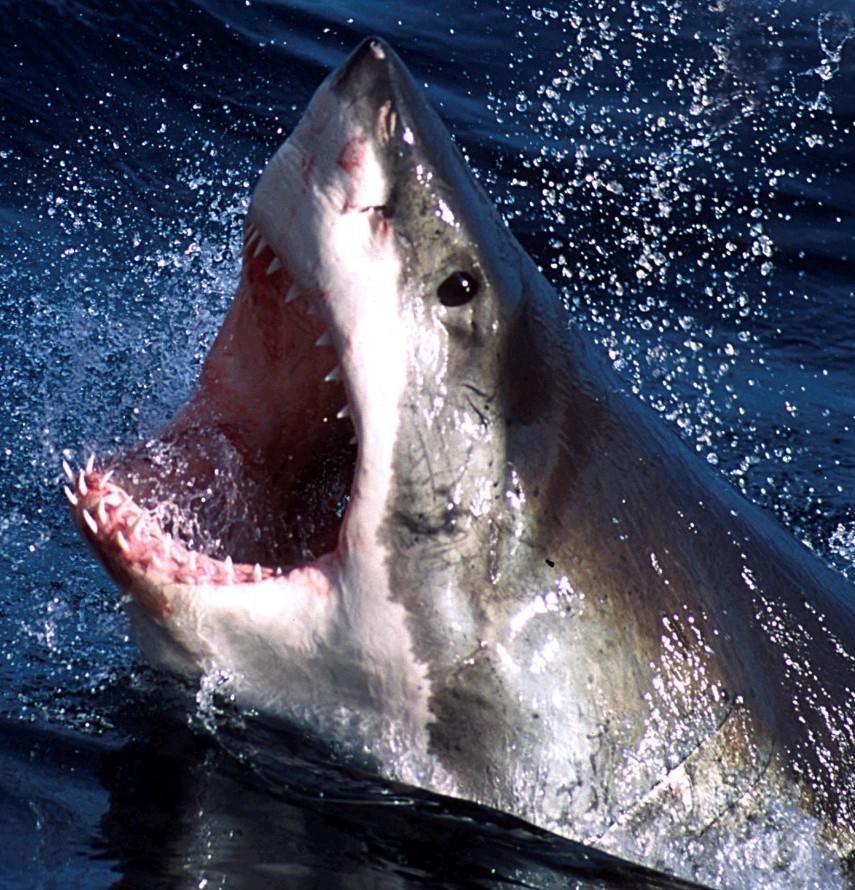Sensitive jaws: Sharks have personalities too - apparently
Researchers recorded the social interactions of 10 groups of juvenile catsharks in captivity in three different habitat types, all of which differed in their level of structural complexity. Findings showed individual sharks possessed social personalities that indicated how they might behave with group members in the wild. David Jacoby, a behavioural ecologist at the Institute of Zoology, London, said: “We found that even though the sizes of the groups forming changed, socially well-connected individuals remained well-connected under each new habitat.”
Darren Croft, from the University of Exeter, said that in the wild small juvenile catsharks make easy prey for larger fish, meaning anti-predator strategies are likely to have evolved, and that personalities may have developed as a result.
David Jacoby, a behavioural ecologist at the Institute of Zoology, London
He added: “We define personality as a repeatable behaviour across time and contexts. What is interesting is that these behaviours differ consistently among individuals.” Research led by the University of Exeter in England and the Marine Biological Association of the UK (MBA) has shown some sharks are “gregarious” and have strong social connections, whilst others are more solitary and prefer to remain inconspicuous.”
Well-connected individuals formed conspicuous groups, while less social individuals tended to camouflage alone, matching their skin colour with the colour of the gravel substrate in the bottom of the tank
Dr David Jacoby

Science sharks